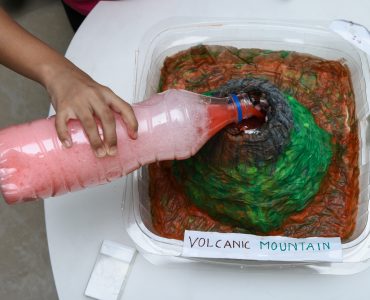Psychology is an academic and applied science that involves scientific research of mental functions and behaviour. It comes from the Greek words ‘psche’ and ‘logia’. Psychology uses a wide range of research methods that are designed to help understand the different phenomena.
The main research methods in psychology are laboratory experimentation, field experimentation, quasi experimentation, co-relational observation, case studies, interviews, statistical surveys, prospective studies, retrospective studies, longitudinal studies, cross-sectional studies, meta-analysis and content analysis. Laboratory experiment used to investigate and understand particular types of research questions. Field experimentation is in contrast to laboratory experimentation, in that it is usually observed in a natural setting rather than in a laboratory environment. Quasi experimentation relies on observations of variables of the system under study instead of manipulation of a few variables in controlled experiments. Correlational studies are used to determine the relationships between variables, and case studies are used to obtain the subtle analysis of persons, groups, or phenomena.
Interviewing is a method wherein an interviewer asks questions to acquire the information from the interviewee. This can be either a structured or unstructured type of interview. Statistical surveys are used in collecting quantitative information in a population group. Prospective study is a method that samples subjects through the progress of the experimentation. Retrospective study looks back in time at the collective the history of the subject. Longitudinal study explores the subjects over the course of time. Cross sectional study assumes to represent individuals throughout their development in life. Meta-analysis is a method combining the results of several studies that deal with a set of related hypotheses. Content analysis is used in studying the content of communication.











